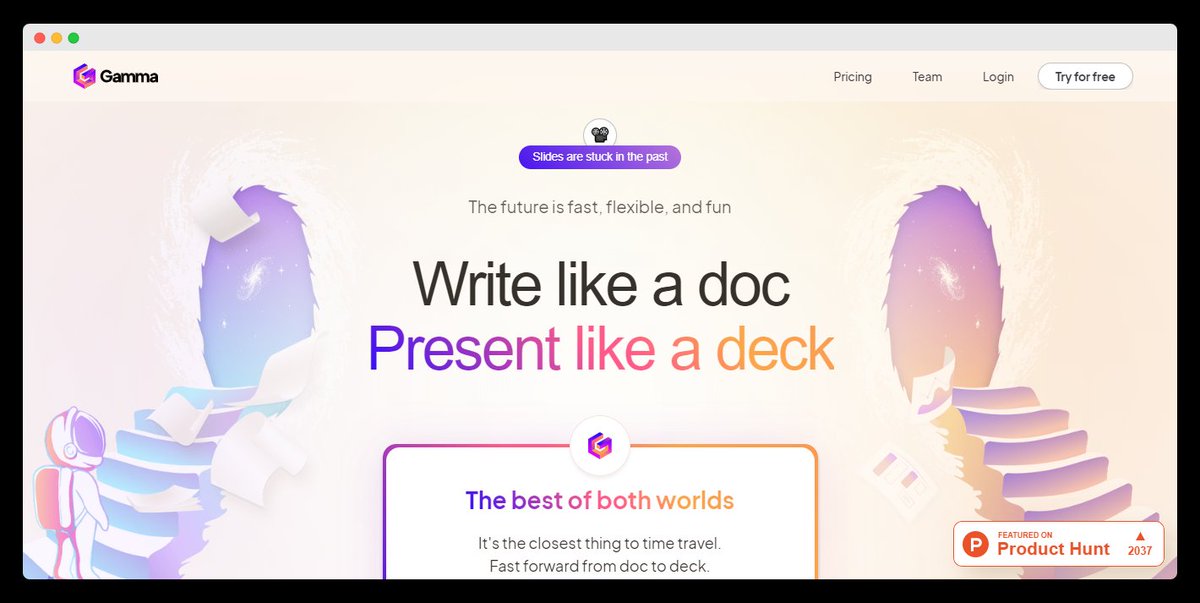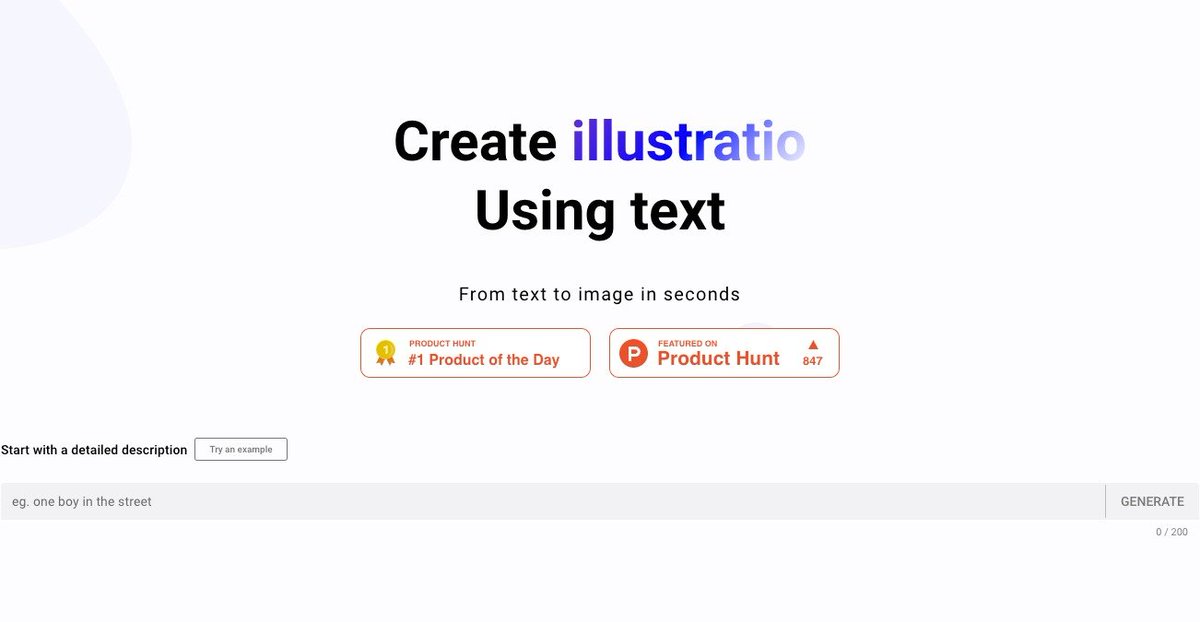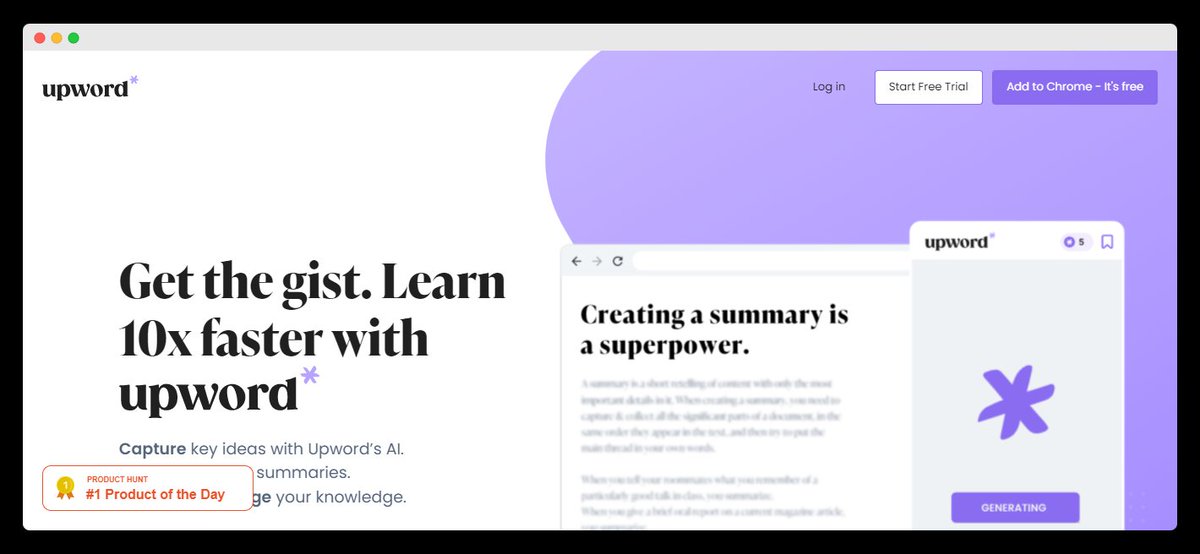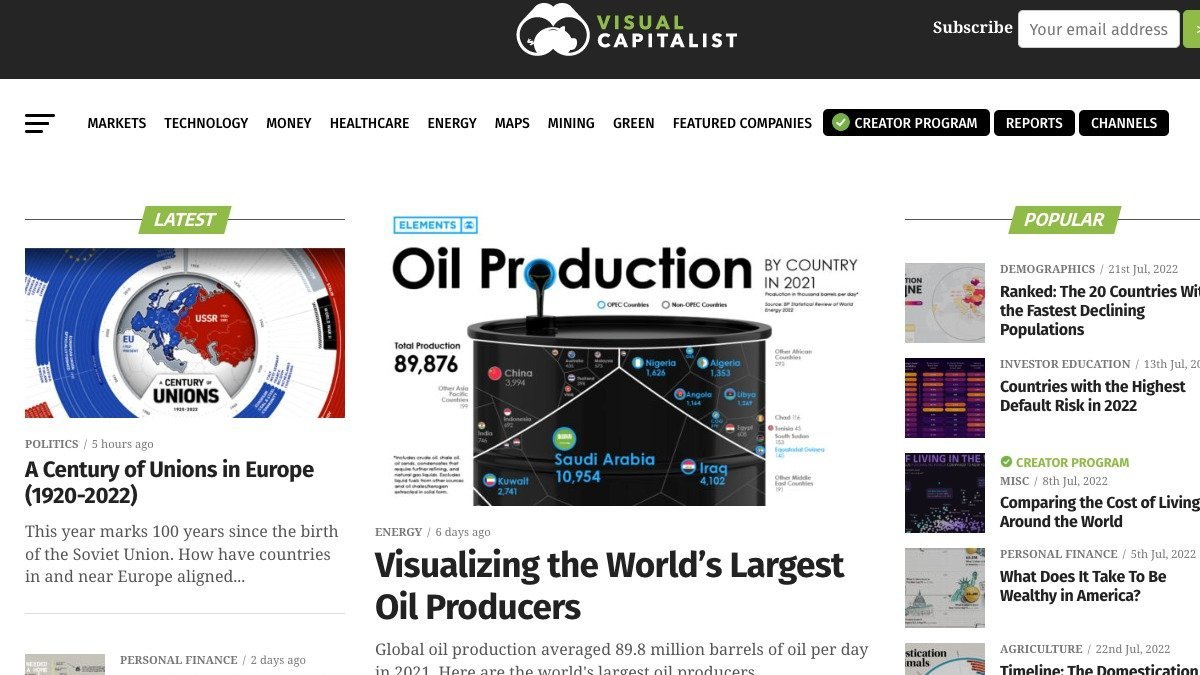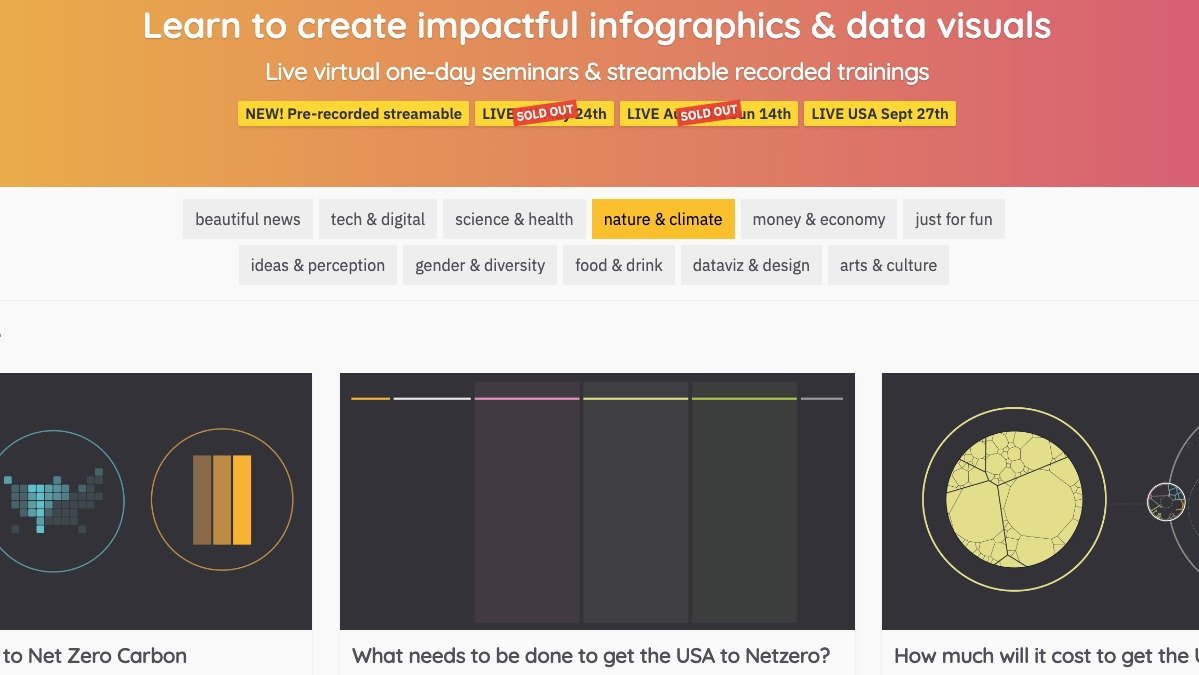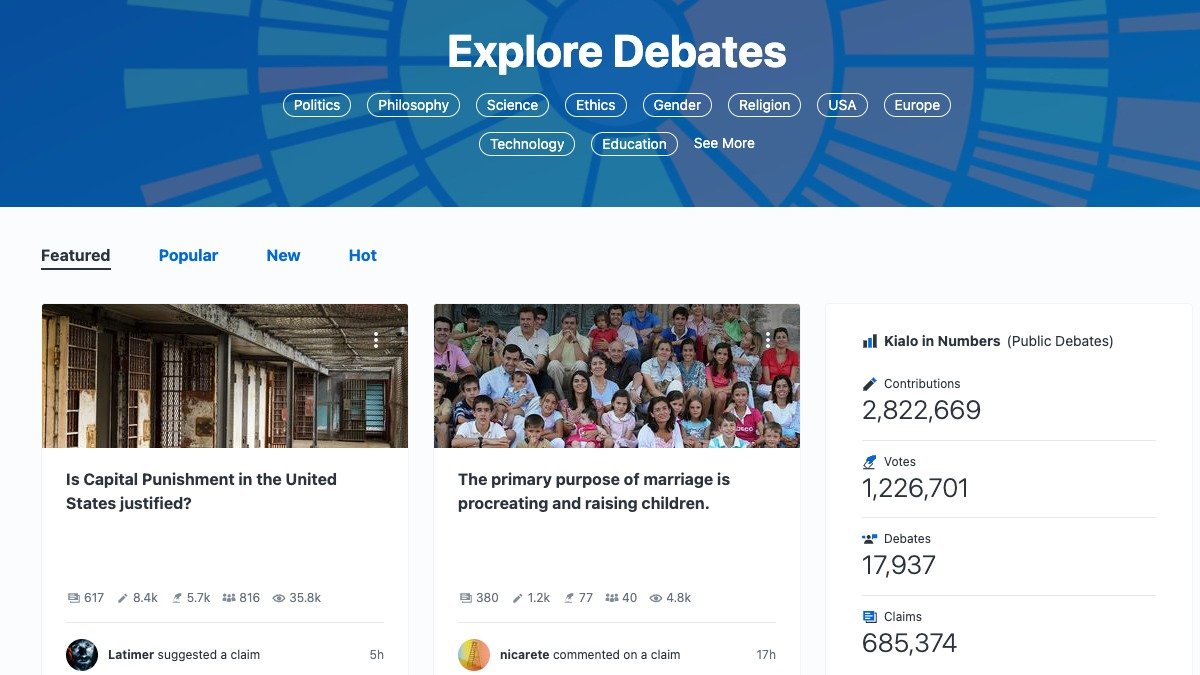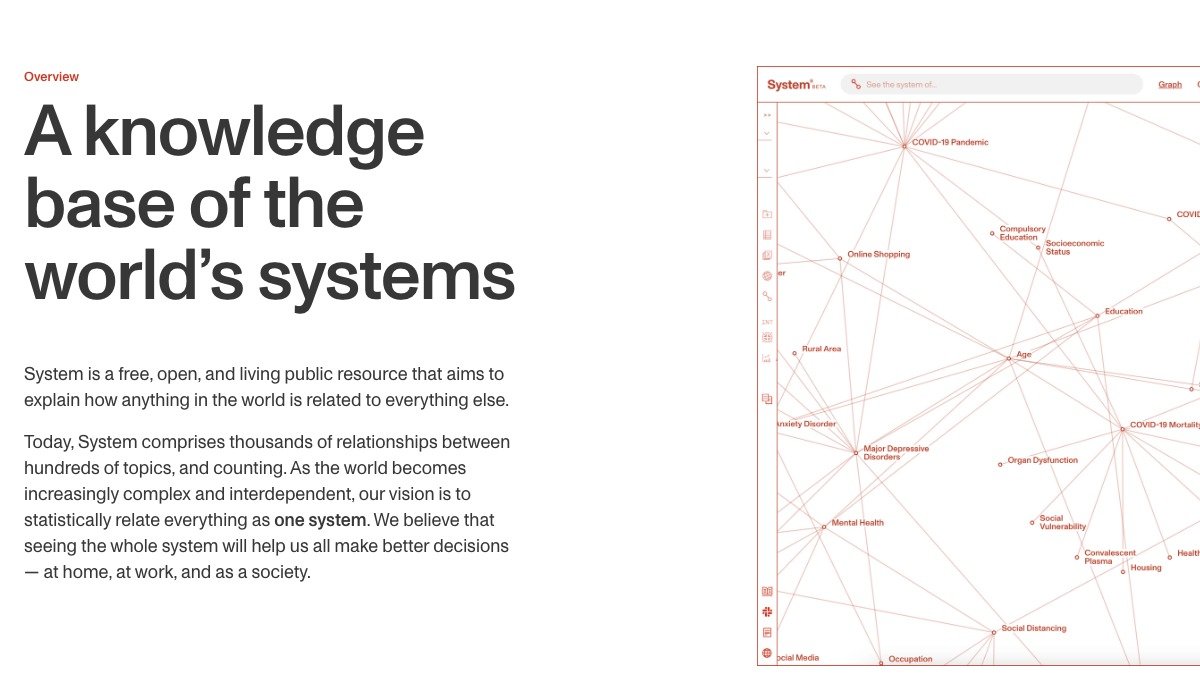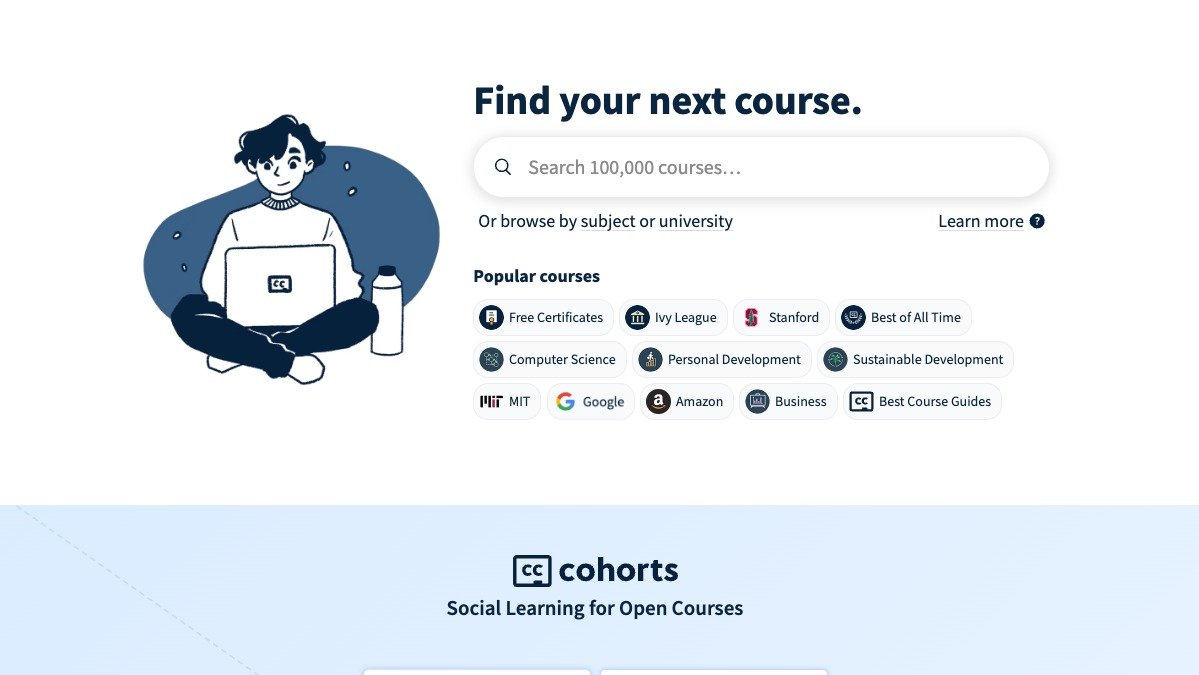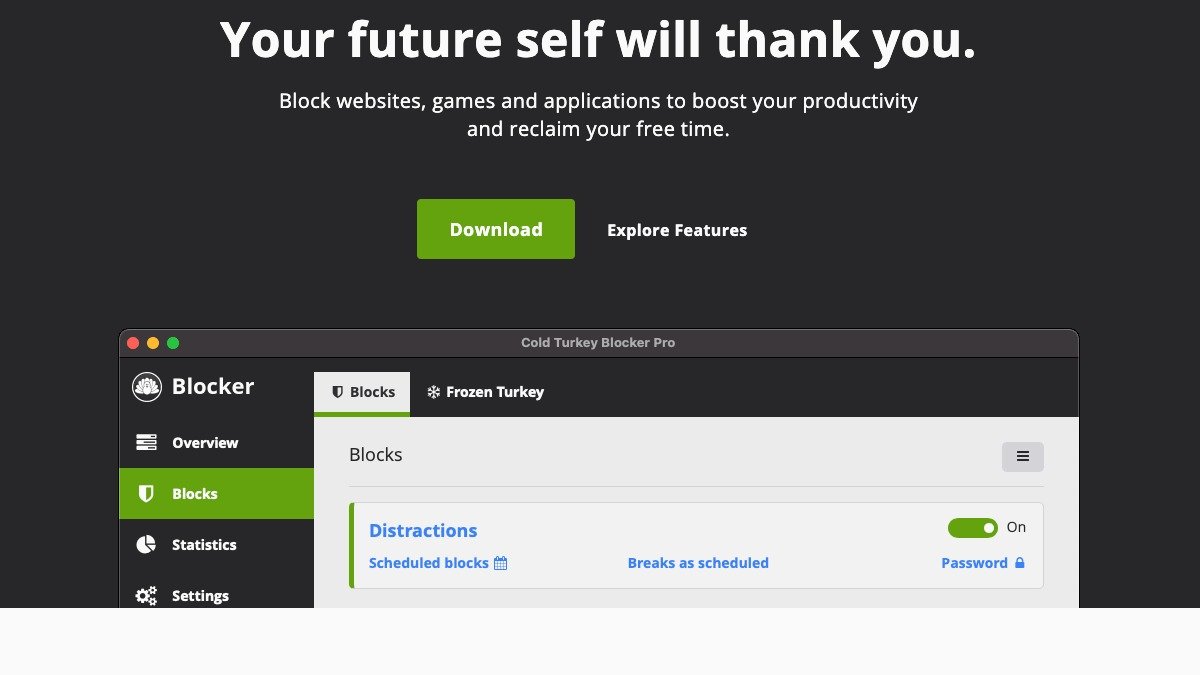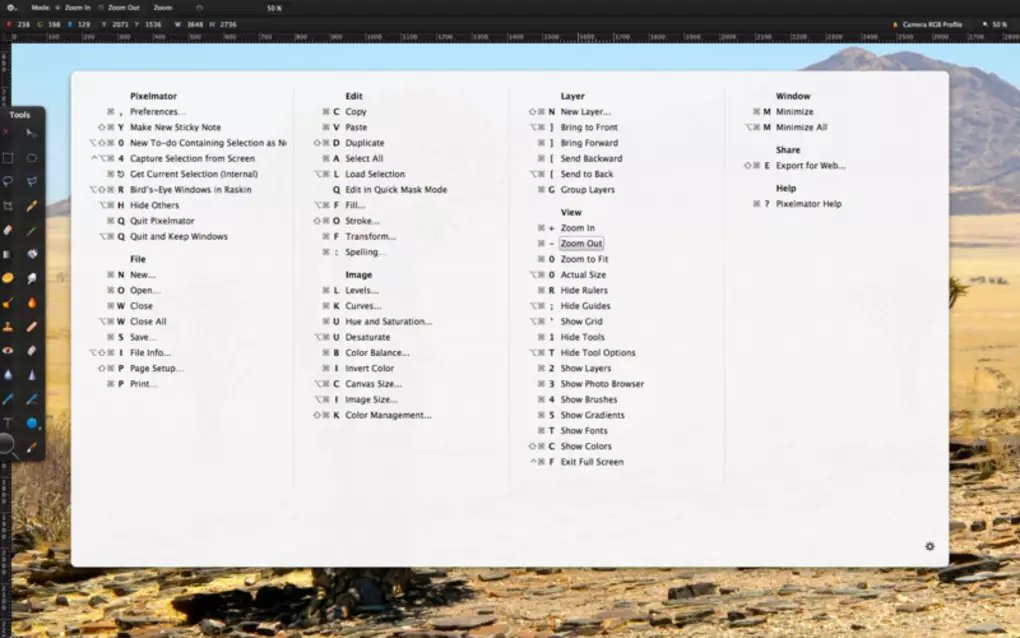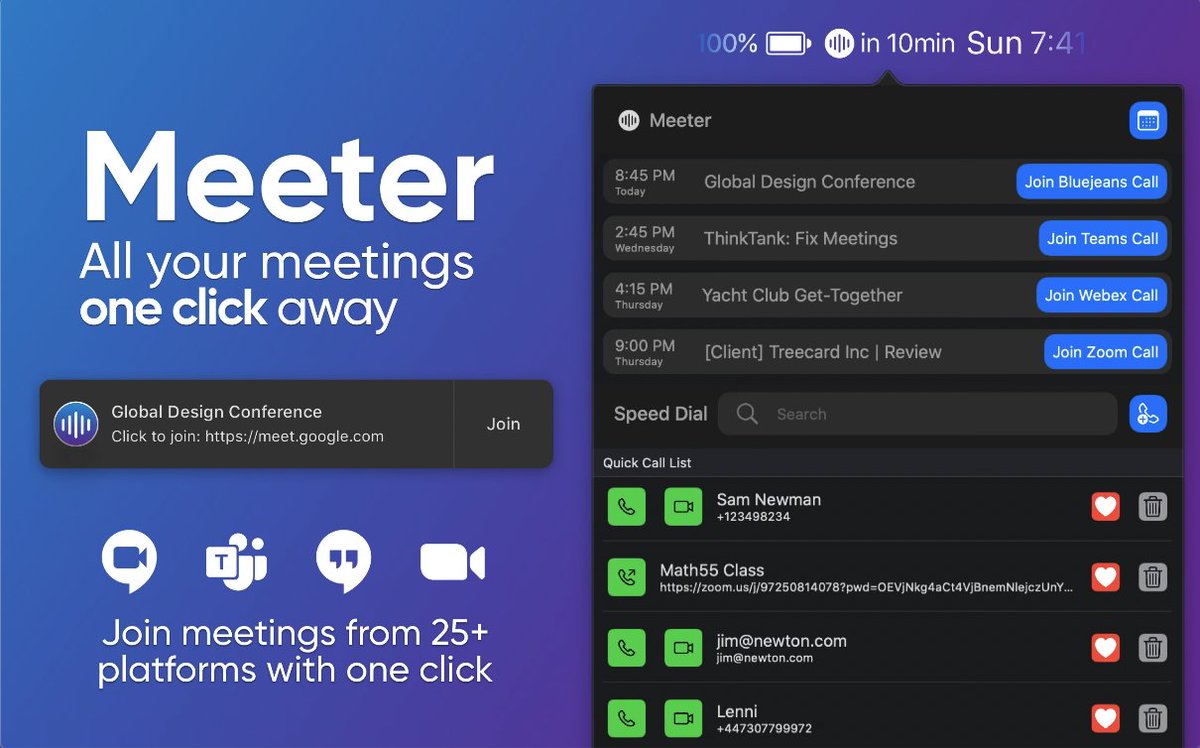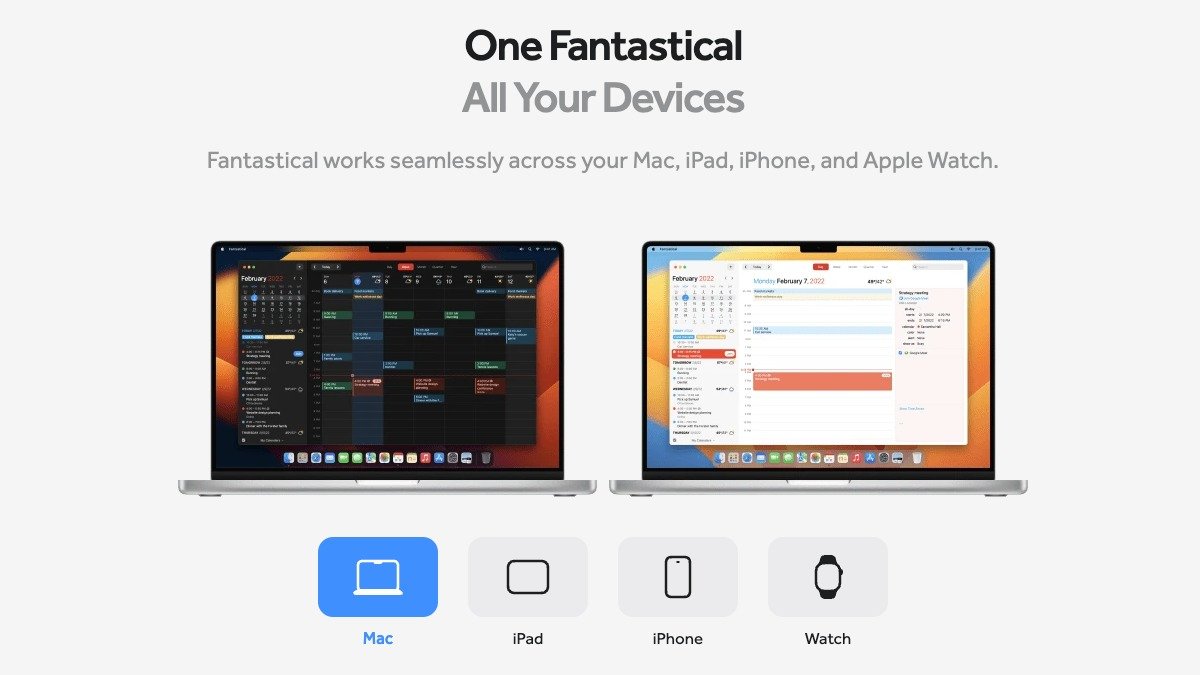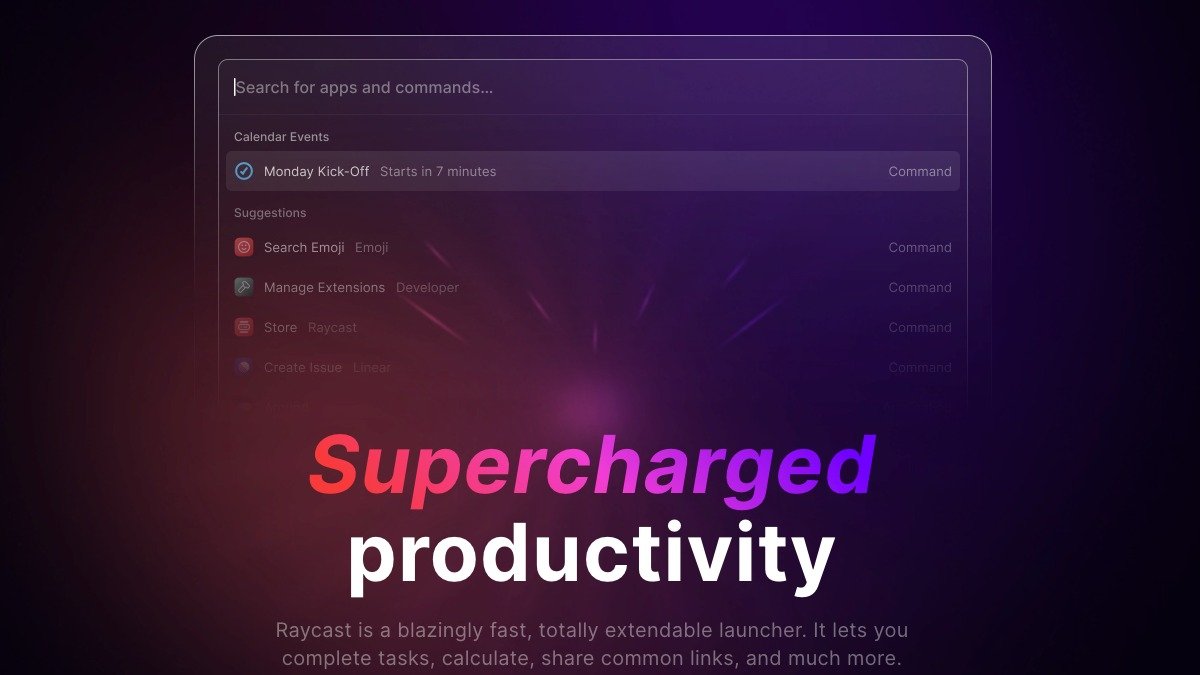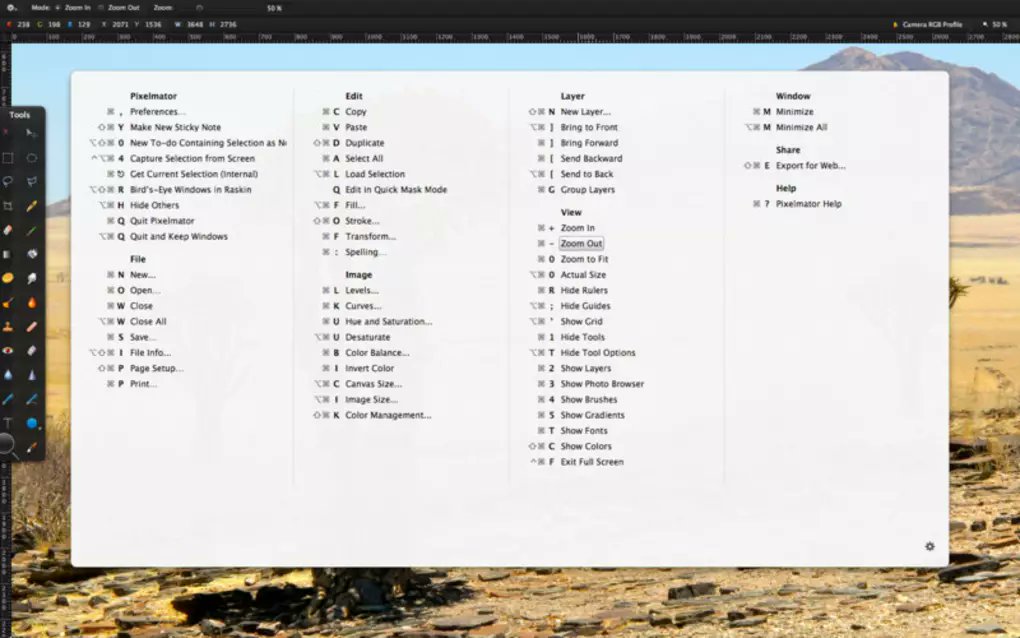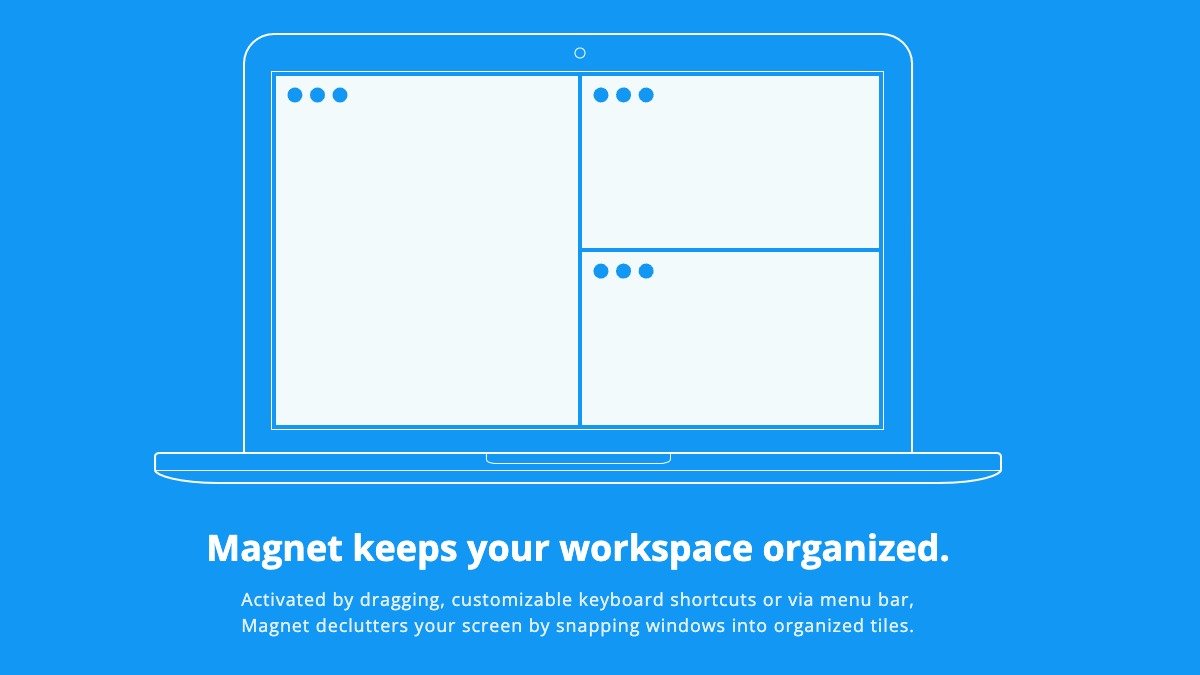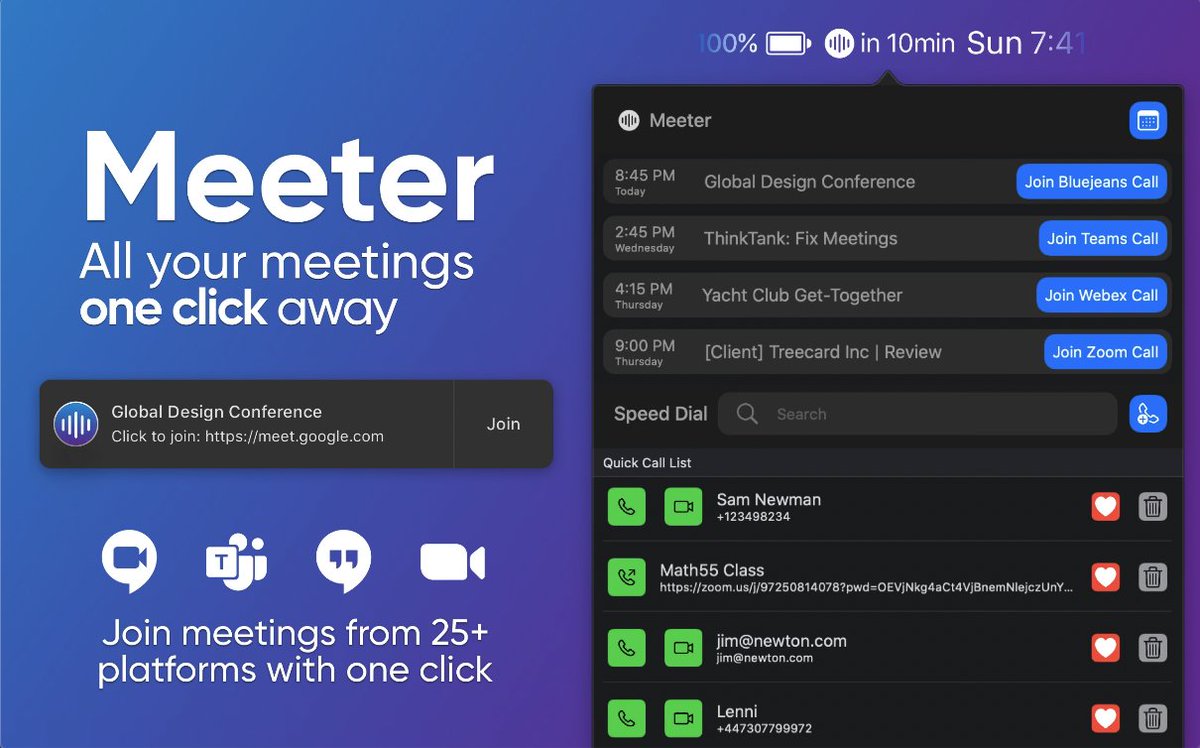Decomplication
We’ve been led to believe that our everyday problems—weight loss, productivity, saving money—require complex solutions.
This is called ‘artificial complexity.’
Decomplication is the process of boiling problems down to their simplest form.
h/t
@nateliason
@nateliason Via Negativa
When we have a problem, our natural instinct is to add a new habit or buy a solution.
But usually, you improve your life by subtracting instead.
The foods you avoid are more important than the foods you eat.
Subtracting distractions is the key to productivity.
@nateliason Speed Matters
The faster you do things, the less activation energy is required to do any one thing.
To avoid procrastination, keep the activation energy low by shortening the timeframe for the work that needs to be done, and work faster.
h/t
@jsomers
@nateliason @jsomers Hourly Aspirational Rate
Figure out how much an hour of your time is worth: Your 'aspirational hourly' rate.
When deciding whether or not to do a task, ask whether it's worth more or less than your rate.
If it's worth less than your rate, outsource, automate, or delete it.
@nateliason @jsomers Trust in Calendar
”A calendar speaks more truth than a to-do list.
Your to-do list is the ideal Sunday evening theory.
Your calendar is the brutal Monday to Friday practice.
Operate accordingly: you must block time in your calendar for deep work.”
h/t
@shreyas
@nateliason @jsomers @shreyas High-Leverage Activities
To maximize output, spend time on the activities that will influence that output the most.
The more you need to do an activity or the more you are affected by it, the higher the leverage is on time spent perfecting that thing.
h/t
@rabois
@nateliason @jsomers @shreyas @rabois The Top Idea In Your Mind
The topic you think about in the shower is “The Top Idea In Your Mind.”
If it's not what you want to be thinking about, it might indicate your focus isn’t where it should be: on your most important problem.
If so, you may need to change something.
@nateliason @jsomers @shreyas @rabois The Productivity Frontier
Up to a point—the productivity frontier—productivity is about optimizing the way you work.
When you reach the frontier, higher achievement results from making hard trade-offs about what you work on.
Focus and single-tasking are key.
h/t
@ScottHYoung
@nateliason @jsomers @shreyas @rabois @ScottHYoung Flow States
Flow is a heightened state of concentration where time passes without notice and you feel a deep sense of fulfillment in your work.
How to get there?
• Use deadlines
• Do tasks you enjoy
• Eliminate distractions
• Choose tasks that challenge you
@nateliason @jsomers @shreyas @rabois @ScottHYoung Write Before Action
Write down what you plan to do and how you plan to do it (in detail) before you do it.
How does this help?
• You can see what to delegate easily
• Unnecessary tasks become obvious
• The best approach becomes clearer
h/t
@Conaw
@nateliason @jsomers @shreyas @rabois @ScottHYoung @Conaw Procrastination Equation
To decrease procrastination:
• Increase the expectancy of success
• Increase the value and pleasantness of the task
• Decrease impulsiveness by removing distractions
• Decrease the delay of reward through deadlines
h/t
@pierssteel
@nateliason @jsomers @shreyas @rabois @ScottHYoung @Conaw @pierssteel 2-Minute Rule
“If an action will take less than two minutes, it should be done at the moment it’s defined.”
Don’t let small tasks add up and create a mental overhang.
Do it on the spot if <2-minutes, decline to action it, or schedule it for a specific future date.
@nateliason @jsomers @shreyas @rabois @ScottHYoung @Conaw @pierssteel Attention Residue
Every time you switch from one task to another, part of your attention remains with one task or your previous task.
This prevents you from concentrating intensely ('deep work') and inhibits overall productivity.
Lesson: Don't multi-task.
@nateliason @jsomers @shreyas @rabois @ScottHYoung @Conaw @pierssteel Cognitive Switching Penalty
Every time you switch your attention from one subject to another, you incur this penalty.
Your brain spends time and energy thrashing, loading, and reloading contexts.
To avoid unproductive switching, group similar tasks together.
@nateliason @jsomers @shreyas @rabois @ScottHYoung @Conaw @pierssteel Deep Work
Deep work is single-tasking, limiting your context switching and distractions in your immediate working environment.
Shallow work is logistical-style tasks, often performed while distracted.
h/t Cal Newport
@nateliason @jsomers @shreyas @rabois @ScottHYoung @Conaw @pierssteel Hofstadter's Law
Projects always take longer than expected, even when you take into account Hofstadter’s Law.
You're generally bad at estimating when things will get done.
The deeper point: We often have a choice of when to call a project “done.”
Use this choice more often.
@nateliason @jsomers @shreyas @rabois @ScottHYoung @Conaw @pierssteel Elon's Law
If you have a project, combat Hofstader's Law by setting a ridiculously ambitious deadline.
Even if you fail to meet it, you're still ahead.
Isn’t it better to miss an aggressive deadline than a conservative one?
It's no wonder Musk has achieved so much.
@nateliason @jsomers @shreyas @rabois @ScottHYoung @Conaw @pierssteel Murphy's Law
”Anything that can go wrong will go wrong.”
This is another reason to use Elon’s Law.
When planning long-term projects, consider a margin of safety to ensure you can handle any interruptions to planned progress and still meet your deadline easily.
@nateliason @jsomers @shreyas @rabois @ScottHYoung @Conaw @pierssteel Parkinson's Law
Work expands to fill the time allotted to it.
If you allocate 4 weeks, it will take 4 weeks. If you allocate 10 days, it will take 10 days.
Remember: The sooner you finish, the sooner you can move on.
Advice: Use artificial deadlines.
@nateliason @jsomers @shreyas @rabois @ScottHYoung @Conaw @pierssteel Pomodoro Technique
Use a timer to break down work into intervals of ~25-45mins separated by short breaks—the intervals are called Pomodoro’s.
This model taps into Parkinson’s law and causes you to try and get more done within each short time period, with a reward at the end.
@nateliason @jsomers @shreyas @rabois @ScottHYoung @Conaw @pierssteel Gate's Law
We overestimate what we can do in one year and underestimate what we can do in ten years.
Humans think in linear terms, so we struggle to contemplate the compounding returns on actions over a decade.
Don’t be dispirited if 1-year isn’t enough to hit your goals.
@nateliason @jsomers @shreyas @rabois @ScottHYoung @Conaw @pierssteel Maker's vs Manager's Schedule
There are two types of schedules.
Manager: The work you do changes every hour.
Maker: The work you do requires long, uninterrupted units of time—e.g., programmers.
Figure out the schedule your role requires to do your best work and stick to it.
@nateliason @jsomers @shreyas @rabois @ScottHYoung @Conaw @pierssteel Effectiveness vs. Efficiency
Effectiveness: Doing the right things—getting the result you intend.
Efficiency: Doing things right—working with minimal waste of time and effort.
To achieve more, you must be both effective & efficient, but effectiveness should come first.
@nateliason @jsomers @shreyas @rabois @ScottHYoung @Conaw @pierssteel Discipline Equals Freedom
”Discipline and Freedom seem like they sit on opposite ends of the spectrum, but they are actually very connected.
Freedom is what everyone wants.
But the only way to get to a place of freedom is through discipline.”
h/t
@jockowillink
@nateliason @jsomers @shreyas @rabois @ScottHYoung @Conaw @pierssteel @jockowillink Systems vs. Goals
To achieve more, focus on the process first—the system—that will get you to the goal.
Doing something every day is a system—like writing for 1 hour.
Writing a book is a goal.
"Goals determine your direction. Systems determine your progress.”
—James Clear











